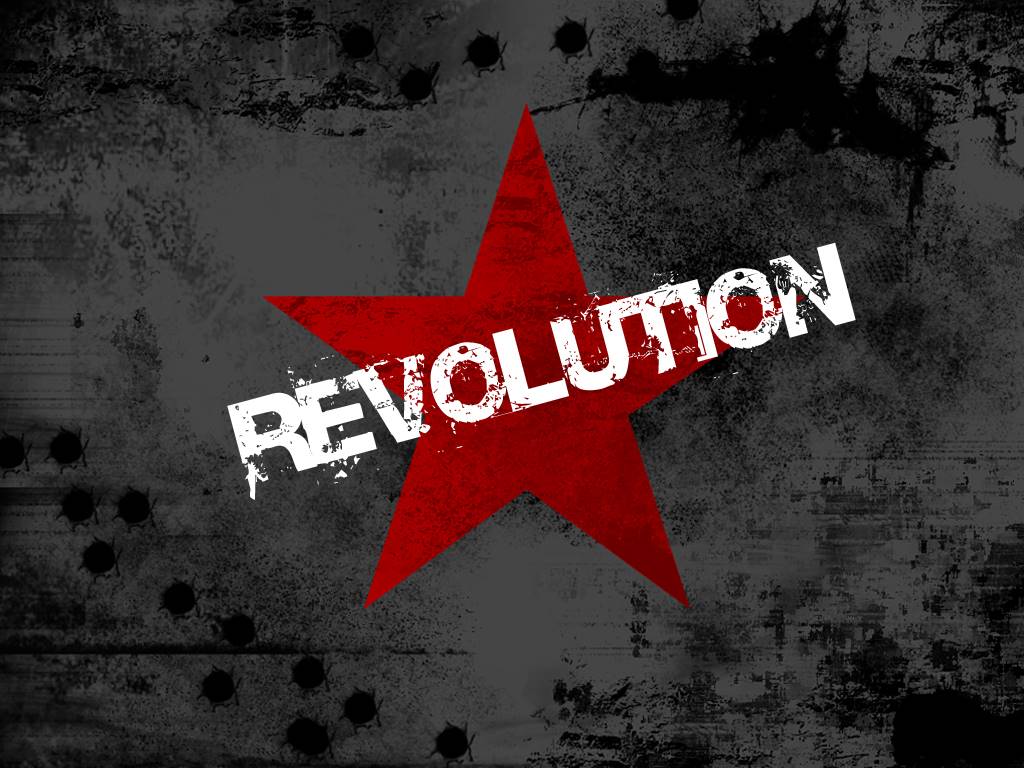 The Western position on Bahrain is predicated on a presumed "trade-off" between an autocratic but friendly ally (today's Bahrain) and a nominally democratic but pro-Iranian regime (what we would have had the "revolution" succeeded). This either/or is reiterated once again in an editorial today in the Wall Street Journal. The operative sentences read:
The Western position on Bahrain is predicated on a presumed "trade-off" between an autocratic but friendly ally (today's Bahrain) and a nominally democratic but pro-Iranian regime (what we would have had the "revolution" succeeded). This either/or is reiterated once again in an editorial today in the Wall Street Journal. The operative sentences read:The danger, here and elsewhere in today's Middle East, is that promoting Western values too forcefully along one dimension risks destabilizing them along others. The West has no interest in seeing an autocratic but friendly Bahrain replaced by a pro-Iranian, Islamist "democracy."This "trade-off" thus implies two related but separate dichotomies--both of which are problematic.
The first is an issue we have discussed at length before: Bahrain's political status quo or a pro-Iranian theocracy. This is the argument that if Bahrain's anti-government protesters got their wish, the outcome would be an Iranian-inspired Islamic Republic. Of course, we have seen already that in fact there was as of 2009 little appetite among Bahraini Sunnis OR Shi'is for a regime based on Islam--and that, if there is today when there was not 2 years ago, then it is of the government's own making. But since there is an entire post dedicated to this point, I won't restate it here.
The second is that Bahrain's protest movement was ever going to lead to wholesale regime change. Sure, opposition groups managed to get many people on the streets (especially so after al-Wifaq put its weight behind the rallies), and, yes, they managed to occupy part of the financial district. Yet in the end revolutions require weapons, something would-be revolutionaries in Bahrain simply do not have. (I once brought a Yemeni tribal dagger to Bahrain in my checked baggage as a gift to an American friend, and it was not only detected by some baggage scanning system but was confiscated by the Ministry of Interior.)
Indeed, why but for precisely this are Bahraini Shi'a excluded from the police and military? Doing so guarantees the government a monopoly on arms. Equally telling is that to counter criticism of this exclusion, the state created a new, Shi'a-inclusive police force--the "community police"--with the proviso that it is unarmed. And of course this is to say nothing of political naturalization, whose explicit purpose is the constitution of a foreign-born military force with loyalties with no one but the state.
More generally, scholars of civil war and insurgency have long recognized that Bahrain is unfit for a revolution or insurgency despite its simmering government-Shi'a tensions. In fact, Fearon and Laitin (2005) go so far as to offer Bahrain as an instructive counterargument to the "grievance" explanation of civil war. They write, "Bahrain’s contemporary history reads like a litany of grievances; yet these do not easily translate into sustained violence." They explain, "A combination of 'metro-community' scale and political will to be brutal partly accounts for Bahrain’s avoidance of insurgency"; and conclude: "[E]veryday protest in society met with brutality by the state does not make for a civil war."
Thus is the second false dichotomy unpinning Western thinking on Bahrain: crackdown or revolution.
Finally, one remaining dichotomy implied in the WSJ editorial is that seemingly adopted by Western governments themselves: silence or full abandonment of the Al Khalifa. That is, the U.S. and other governments apparently see no middle ground in their treatment of the Bahrain crisis: either they turn their backs entirely on the ruling family, or they stand silent while the Al Khalifa carry out their methodical dismembering of the Bahrain opposition.
Trade Arabia reports today that 1,123 Bahraini workers have now been fired for suspicion of taking part in protests or strikes, representing almost 1 in every 500 Bahrainis. Nearly 50 doctors and nurses will be tried in military court for "participating in attempts to topple the ... monarchy and taking part in illegal rallies." And just a week ago 4 protesters were sentenced to death in a closed military trial and verdict that lasted all of one day, with 3 others given life in prison. Still myriad others under arrest could face trial in military court at any time.
And so continues the self-fulfilling prophesy of Bahrain. As summarized by the editorial, "unless democratic nations make clear to the Khalifas that reform is necessary and that brutal repression only guarantees more resentment and instability, the U.S. and Europe will run a growing risk of getting precisely what they fear."
No comments:
Post a Comment
Note: Only a member of this blog may post a comment.